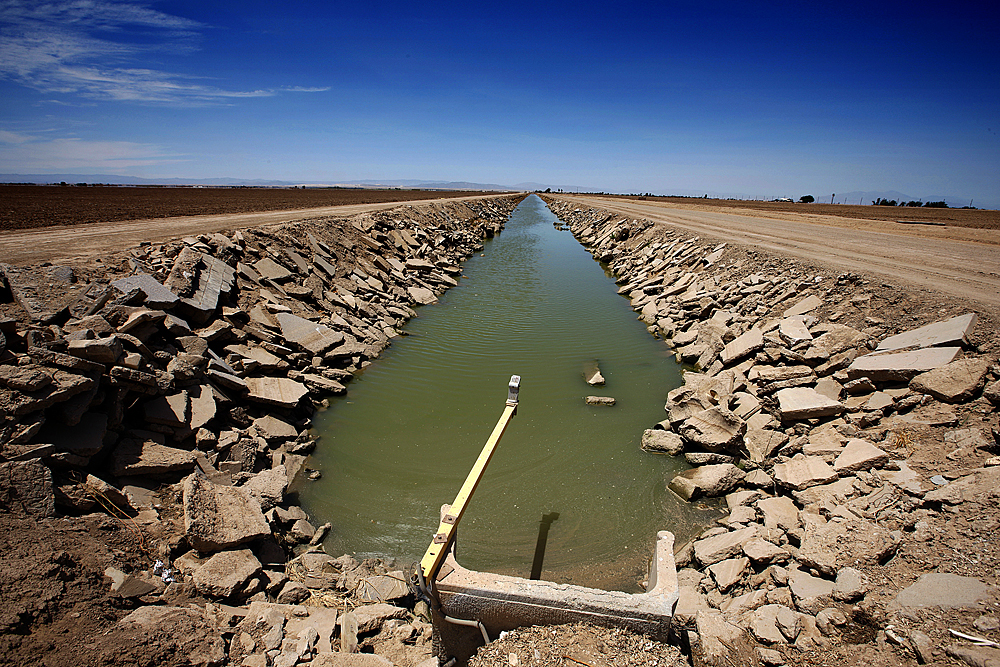According to two reports recently published by the Center for Naval Analyses (CNA), current water usage will lead to water scarcity affecting 30-40 percent of the world by 2020, and a global shortage by 2040.
The reports, “Capturing Synergies Between Water Conservation and Carbon Dioxide Emissions in the Power Sector” and “A Clash of Competing Necessities; Water Adequacy and Electric Reliability in China, India, France, and Texas,” were completed by researchers from Aarhus University in Denmark, Vermont Law School and CNA Corporation in the US and published on the CNA website.
The researchers looked at links between electric power generation and water use, focusing on the US, France, India and China, and compared these with data on population predictions.
The researchers found that in some countries electricity generation used more water than human consumption, but in most countries large amounts of water were used to cool various energy generation systems.
“Water used to cool power plants is the largest source of water withdrawals in the United States and France, and a large source in China and India,” said lead researcher Paul Faeth.
The researchers concluded that in the near future water consumption will be pitted against electricity and other power generation cooling needs. The researchers recommended replacing many power systems with wind and solar power–currently the only two power solutions that do not require cooling cycles.
Another finding of the research was that most power systems do not register the amount of water they use.
Read more: Most Power Systems Do Not Register Water Usage, New Study Discovers
Researcher on the study Professor Benjamin Sovacool, concluded, “If we keep doing business as usual, we are facing an insurmountable water shortage–even if water was free, because it’s not a matter of the price. There will no water by 2040 if we keep doing what we’re doing today. There’s no time to waste. We need to act now.”
By Day Blakely Donaldson
